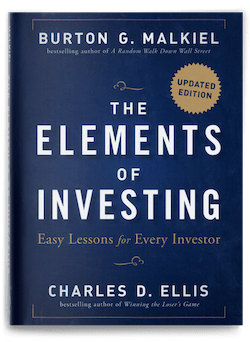Indexing
DON’T SOME BEAT THE MARKET?
Don’t some managers beat the market? We often read about those rare investment managers who have managed to beat the market over the last quarter, or the last year, or even the last several years. Sure, some managers do beat the market – but that’s not the real question. The real question is this: Will you, or anyone else, be able to pick the managers who will beat the market in advance?
That’s a really tough one. Here’s why:
- Only a few managers beat the market. Since 1970, you can count on the fingers of one hand the number of managers who have managed to beat the market by any meaningful amount. And chances are that as more and more ambitious, skillful, hard-working managers with fabulous computer capabilities join the competition for “performance,” it will continue to get harder and harder for any one professional to do better than the other pros who now do 95 percent of the daily trading.
- Nobody – repeat, nobody – has been able to figure out in advance which funds will do better. The failure to forecast certainly includes all the popular public rating sources, including Morningstar.
- Funds that beat the market “win” by less than those that got beaten by the market “lose.” This means that fund buyers’ “slugging percentage” is even lower than the already discouraging win-loss ratio.
The only forecast based on past performance that works is the forecast of which funds will do badly. Funds that have done really poorly in the past do tend to perform poorly in the future. Talk about small consolation! And the reason for this persistence is that it is typically the very high-cost funds that show the poorest relative performance, and – unlike stock picking ability – those high investment fees do persist year after year.
Index funds eliminate the anxiety and expense of
trying to predict which individual stocks, bonds,
or mutual funds will beat the market.



 Previous Page
Previous Page